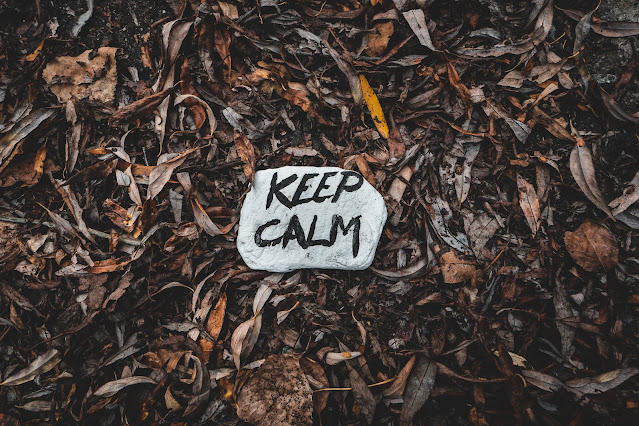How to Recognize Signs of Anxiety in Teenagers
With the teenage years comes an overwhelming amount of hormonal, social, and emotional changes.
It is common for teenagers to begin experiencing increased feelings of worry as they navigate academic and social pressure. The ongoing stress of the COVID-19 pandemic has also contributed to increased anxiety levels among teenagers experiencing social isolation and continued uncertainty about the future. But what level of anxiety is ‘normal’ and to be expected during these challenging years, and when might it be signaling a more serious mental health problem requiring further attention? In this article we will discuss the difference between ‘normal’ worry and an anxiety disorder, and specific signs of anxiety disorders to look out for in teenagers.
For more articles and information about mental health in teenagers, visit BetterHelp.
Distinguishing Between Worry and Anxiety Disorders
Most individuals undergo anxiety at some point or another. While it is common to experience feelings of worry and tension around a stressful situation (like an upcoming exam or an argument with a friend), those feelings typically subside when the particular event passes or is resolved. Anxiety is not in itself bad, as it can help us to remain alert and vigilant, and motivate us to prepare to meet a challenge. However, when anxiety becomes excessive, it can become very disruptive to our daily lives.
Persistent feelings of fear that are difficult to control and interfere with an individual’s daily functioning may be indicative of an anxiety disorder. There are various types of anxiety disorders such as Generalized Anxiety Disorder, Panic Disorder, Social Anxiety Disorder, and Specific Phobias. Each has their own set of unique symptoms; however, all are similar in that they all commonly involve excessive feelings of worry and distress, avoidance of feared situations, and physical symptoms of anxiety such as racing heart, breathing difficulties, sweating, gastrointestinal upset, muscle tension, and fatigue.
Warning Signs of Anxiety Disorders in Teenagers
It is common for symptoms of an anxiety disorder to be overlooked in teenagers, as they may be mistaken for another problem or dismissed entirely as ‘typical teenage behavior’. The following may be ways in which anxiety manifests in teenagers:
● Excessive fear about everyday life situations (such as school, friendships, health, etc.)
● Avoidance of certain situations– such as school or social settings
● Increased irritability or lashing out
● Continuous physical complaints that have no other medical explanation (like chronic headaches or stomach-aches)
● Difficulty concentrating
● Sleep difficulties
● Isolating oneself from others
● Increased substance use
Due to the many stressors that exist in the school environment, it is common for a teenager with an anxiety disorder to have resistance about going to school. They may try to avoid going or have difficulties staying in school for the full day. Anxiety about school may be due to a multitude of reasons, whether the fear of not measuring up to a certain academic standard, fear of having a panic attack at school, or fear of being teased by peers or embarrassed in class. The specific trigger may vary, but a teenager with an anxiety disorder may start refusing to go to school entirely.
It is also typical for people with anxiety disorders to experience ongoing physical discomfort such as headaches, stomach upset, dizziness, sweating, muscle pain, and/or breathing difficulties. Due to this, a teenager may often feel unwell, spurring further avoidance of school or social activities. They may believe that they are truly sick when in reality, their symptoms can be attributed to anxiety.
Some teenagers may also turn to using substances or other unhelpful coping mechanisms in an attempt to try to manage their overwhelming anxiety. While this may numb out feelings of discomfort in the short term, it can lead to substance dependence and other negative consequences in the long run.
Seeking Further Support
Knowing how anxiety disorders may manifest in teenagers can be helpful, as you can look out for these signs in your children. If you are concerned about any behaviors that may be indicative of an anxiety disorder, reach out to your child’s doctor or a mental health professional to discuss options. There is treatment available that can help your teenager to learn to manage their anxiety and live a full, productive life in the midst of it.
#MentalHealth









No comments